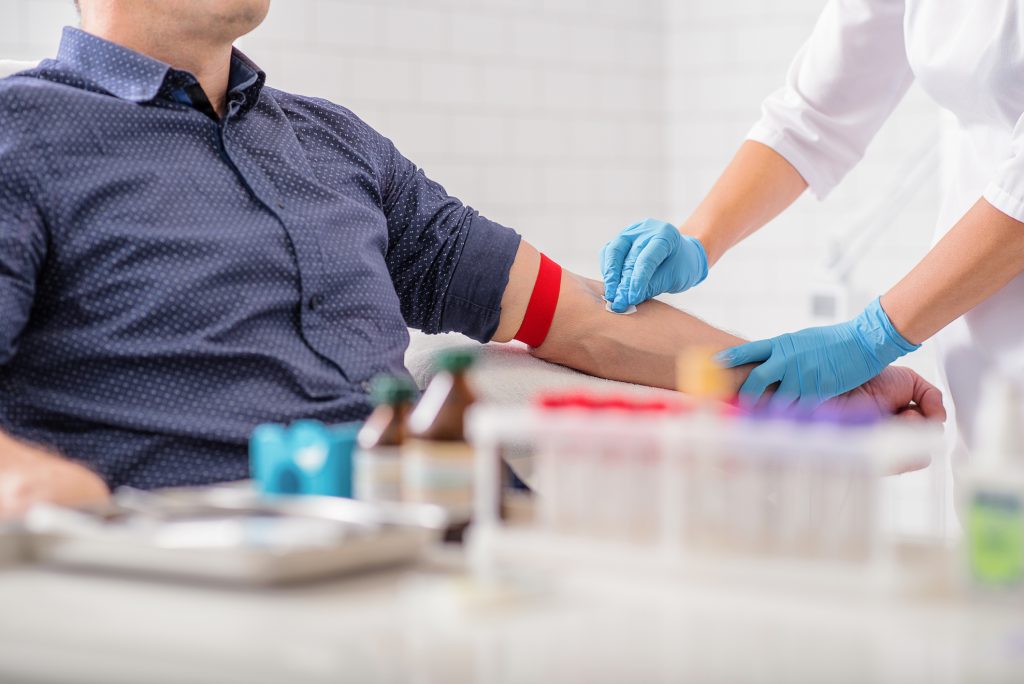
Associated Health Risks
Recent studies have shown that your blood type could be directly related to several severe health risks, such as blood clots, heart disease or even certain types of cancer. Although you cannot change your blood type, you can make lifestyle changes to better your odds when it comes to these conditions. That means sticking to a healthy diet, exercising regularly and using preventative services, such as scheduling screenings and check-ups.
Medical Emergencies
One of the most critical reasons to know your blood type is so that a doctor knows what blood to give you during surgery or a medical emergency. While the majority of hospitals can get blood quickly, it is imperative to know whether or not you have a rare blood type. That way you can store it for future use. Schedule an appointment through your regular physician, order an at-home test or donate blood at your nearest American Red Cross location to find out your blood type and be prepared in case of a medical emergency.
Donating Your Blood
No matter what your blood type is, knowing means you can donate to people in need. Often times, donation organizations will make a public announcement when there is a blood type shortage. Even if there isn’t a shortage, donating has been proven to be beneficial, creating more balanced iron levels in your body and even increasing your lifespan. So whether you’re in group A, B, AB or O, know that each type is needed for saving your life or the life of another.
Lab services, testing and preventative screenings are covered within the 10 Essential Health Benefits in your health insurance plan. If you currently do not have health insurance, certain qualifying life events (QLE) may make you eligible for a special enrollment period. QLE’s are life-changing events such as job loss, income change, marriage/divorce and birth/adoption of a child to name a few. Nevada Health Link is here to answer any of your questions. Email us at CustomerserviceNVHL@exchange.nv.gov.







